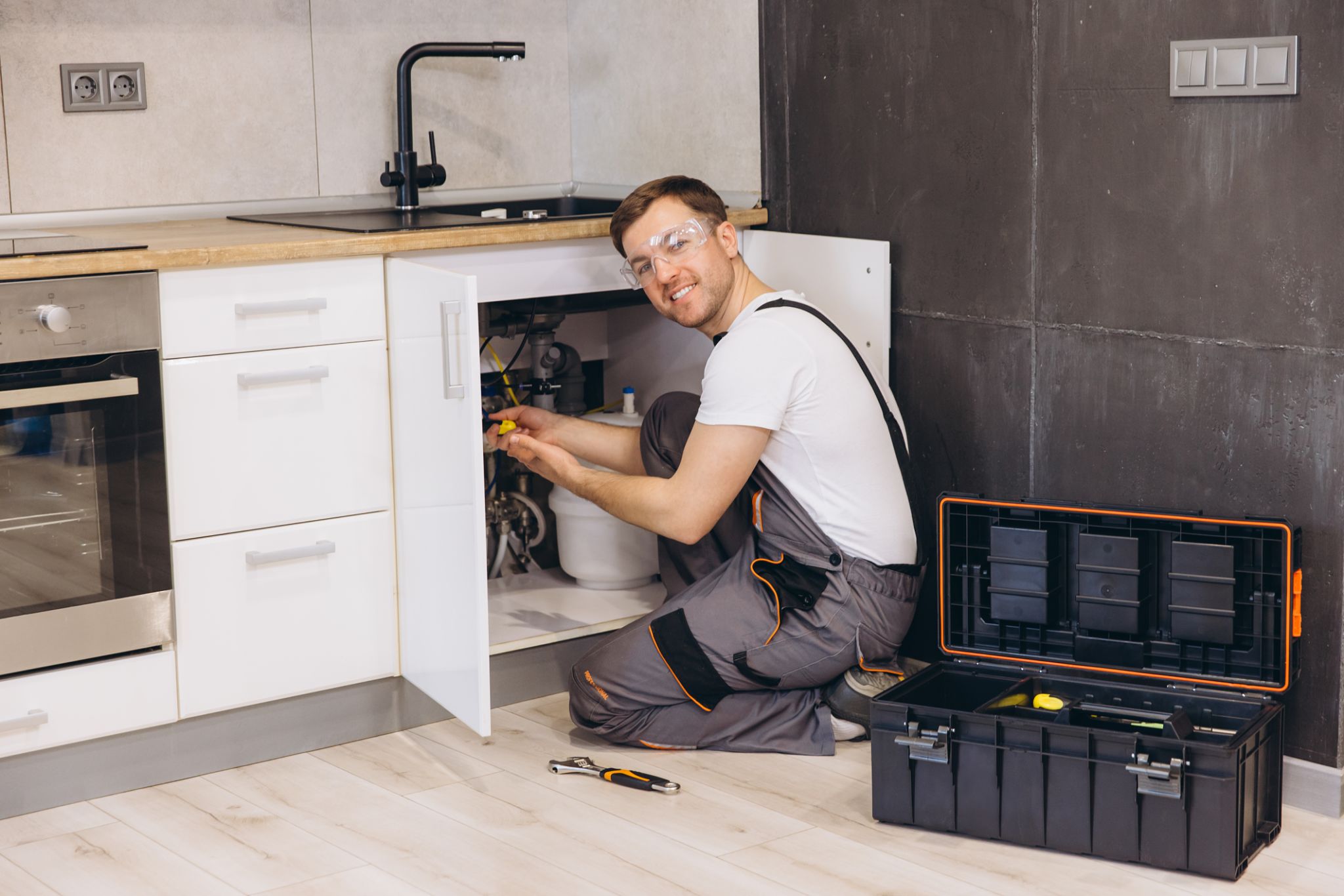DIY Plumbing Tips: Simple Fixes for Common Household Issues
SP
Understanding Your Plumbing System
Before diving into any DIY plumbing fixes, it's crucial to understand the basics of your home's plumbing system. Knowing where your main water shut-off valve is located can save you from significant water damage in case of an emergency. Familiarize yourself with the layout of your pipes and fixtures to diagnose problems more effectively.
Regular maintenance can prevent many plumbing issues. Inspect your pipes periodically for signs of leaks or corrosion. Early detection can prevent costly repairs and extensive water damage.

Unclogging Drains
Clogged drains are among the most common plumbing issues. They can be caused by hair, soap scum, or food particles. To tackle a clogged drain, start by using a plunger. Ensure there's enough water to cover the plunger's cup, creating a good seal, and plunge vigorously.
If the plunger doesn't work, try a drain snake or a homemade solution of baking soda and vinegar. Pour half a cup of baking soda followed by half a cup of vinegar down the drain, let it sit for 15 minutes, then flush with hot water.

Fixing Leaky Faucets
A leaky faucet is not just annoying but can also waste a significant amount of water. Most leaks are due to worn-out washers or seals. Start by turning off the water supply to the faucet, then disassemble it to access the washer. Replace any worn-out parts and reassemble the faucet.
If your faucet continues to leak, it may be time to replace the entire unit. Always ensure you have the correct tools and replacement parts before starting the repair.

Toilet Troubleshooting
Toilet issues can range from minor inconveniences to serious problems. A running toilet can often be fixed by adjusting the flapper or fill valve. Check the chain connected to the flapper for tangles or incorrect length.
If your toilet is clogged, avoid using harsh chemicals. Instead, use a toilet plunger or auger to clear the blockage. Regularly check for leaks around the base of your toilet, which can indicate a failing wax ring.
Preventative Measures
Prevention is key in maintaining a healthy plumbing system. Avoid pouring grease or oil down your drains, as they can solidify and cause blockages. Install mesh screens over drains to catch hair and other debris.
Additionally, be cautious with what you flush down the toilet. Only flush toilet paper and human waste, as other items can cause clogs and damage your plumbing.

When to Call a Professional
While many plumbing issues can be resolved with DIY methods, some situations require professional intervention. If you encounter severe leaks, frequent clogs, or suspect a pipe burst, it's best to call a licensed plumber.
Attempting complex repairs without proper knowledge can lead to further damage and costly repairs. Always prioritize safety and know your limits when it comes to DIY plumbing.